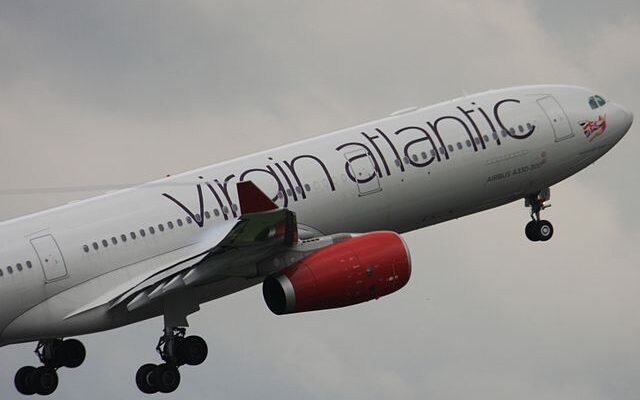
Crossing the ocean. That’s a milestone of transportation that has been universally viewed as an essential step in transportation innovation, especially by air.
The first transatlantic flight, completed by British aviators John Alcock and Arthur Brown in June 1919, held immense significance in aviation history. The modified Vickers Vimy bomber used in the journey demonstrated technological advancements in aviation, emphasizing the potential for aircraft to cover vast distances and connect continents.
Beyond its technological implications, the first transatlantic flight had broader cultural and geopolitical significance. The achievement bolstered international aviation efforts and contributed to the development of commercial air travel, laying the groundwork for the establishment of transatlantic flight routes. The flight’s success also symbolized a triumph of human ingenuity and courage, breaking new ground in exploration and inspiring future generations of aviators and adventurers.
Now, for the first time in history, a passenger jet has flown across the Atlantic using only fat and tallow as fuel.
The Associated Press writes:
The first commercial airliner to cross the Atlantic on a purely high-fat, low-emissions fuel flew Tuesday from London to New York in a step toward achieving what supporters called “jet zero.”
The Virgin Atlantic Boeing 787 flight was powered without using fossil fuels, relying on so-called sustainable aviation fuel made up largely of tallow and other waste fats.
“The world will always assume something can’t be done, until you do it,” said Virgin founder Richard Branson, who was aboard the flight with others including corporate and government officials, engineers and journalists.
The U.K. Transport Department, which provided 1 million pounds ($1.27 million) to plan and operate the flight, called the test a “huge step towards jet zero” to make air travel more environmentally friendly, though large hurdles remain in making the fuel widely available.
The flight was a one-off test run, writes the BBC. The jet only carried a only handful on board rather than fare-paying passengers.
Sustainable Aviation Fuel (SAF) offers a more environmentally friendly alternative to traditional jet fuels and is derived from renewable resources like biomass, waste oils, and synthetic processes. A major positive for SAF is that it is compatible with existing aircraft engines, requiring no modifications to the current fleet.
Shai Weiss, chief executive of Virgin Atlantic, said the airline’s flight on Tuesday was “proving…that fossil-derived fuel can be replaced by sustainable aviation fuel”.
“It’s really the only pathway to decarbonising long-haul aviation over and above having the youngest fleet in the sky,” he told the BBC’s Today programme. “It is a really momentous achievement.”
However, he said there was not enough SAF currently, and added that due to the fuel being more expensive, flight prices would end up being higher.
Virgin founder Sir Richard Branson admitted it was “going to take a while” before there was enough SAF for everybody to use.


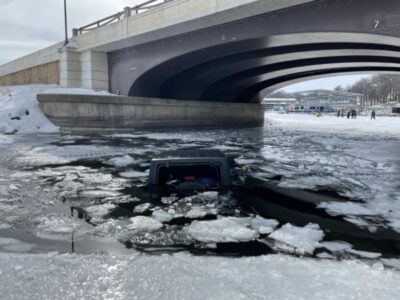
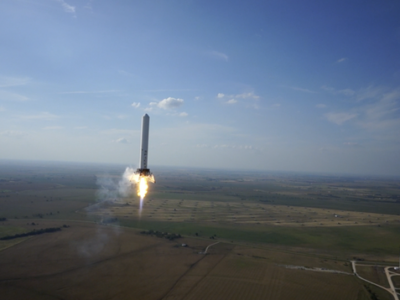

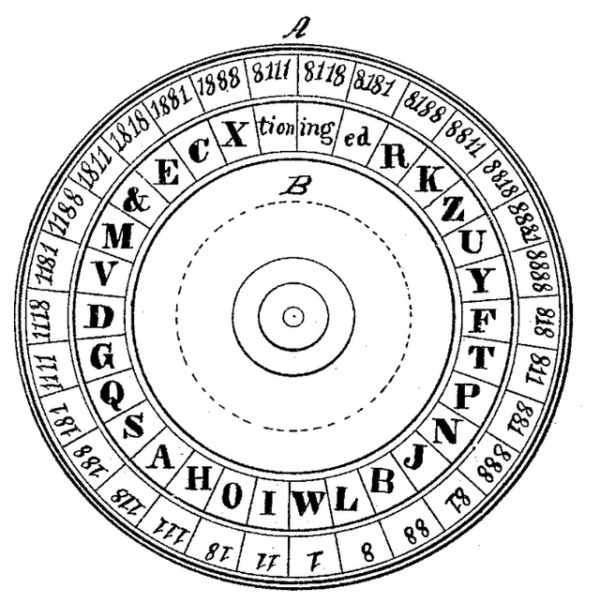

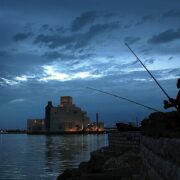


Mass produce fuel worldwide, awesome